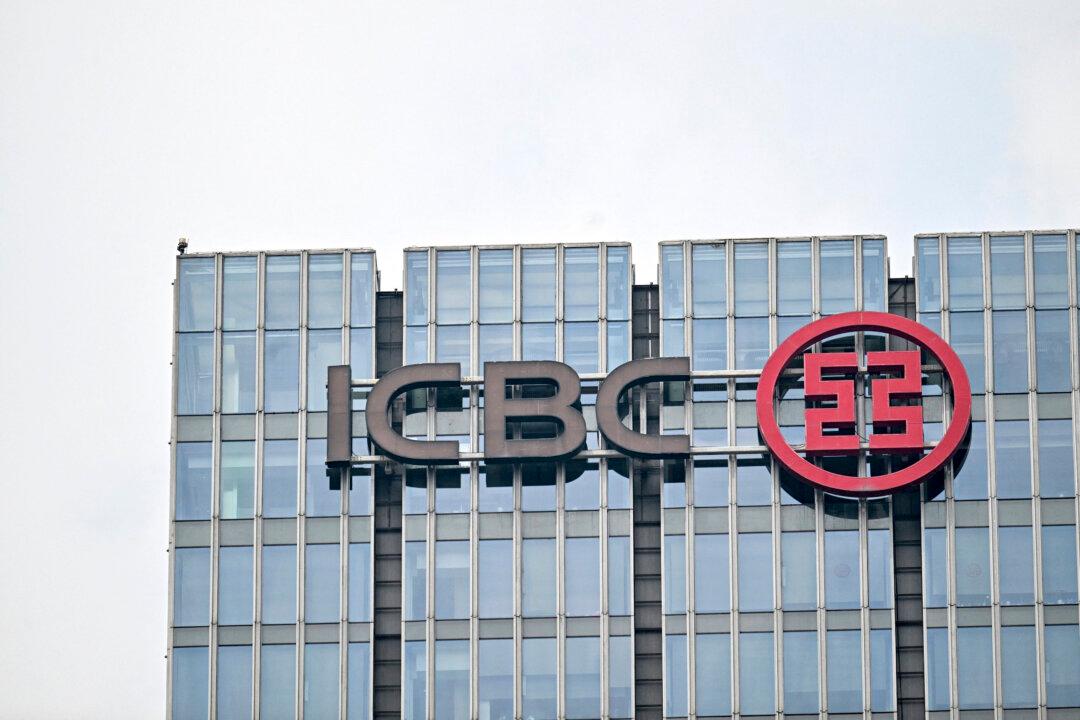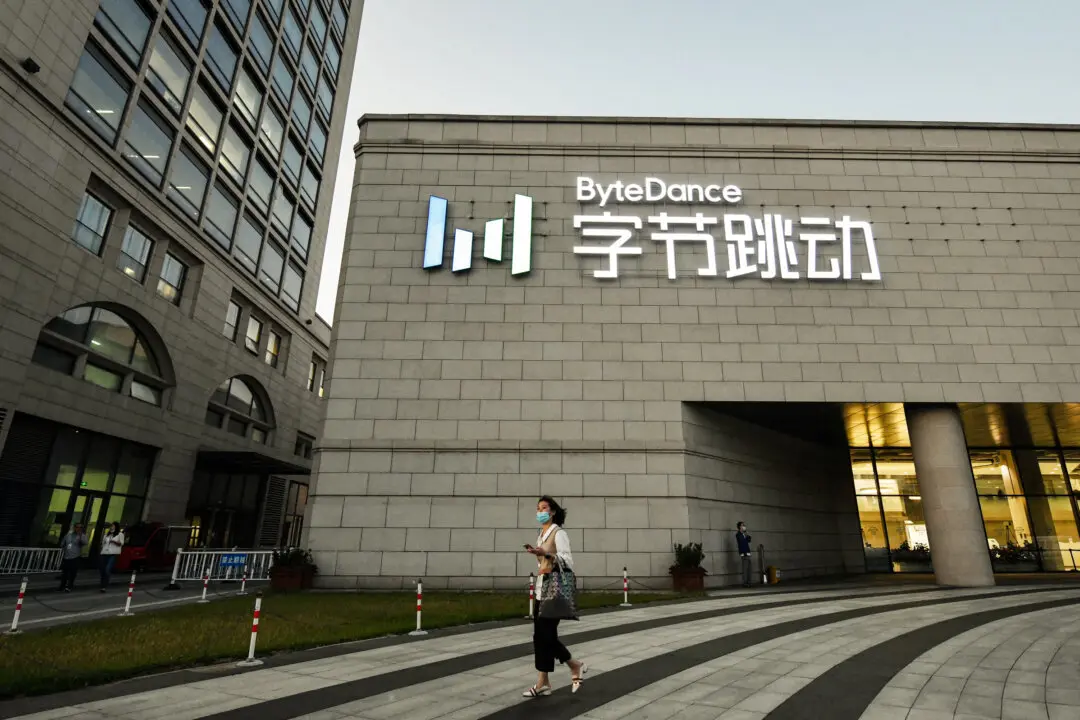China’s six largest banks have posted first-quarter reports with a significant drop in both earnings and profits.
Experts said the profit drop in China’s banking industry indicates a stalling economy that is likely to continue to worsen as the effects of the tariff war between China and the United States kick in.




